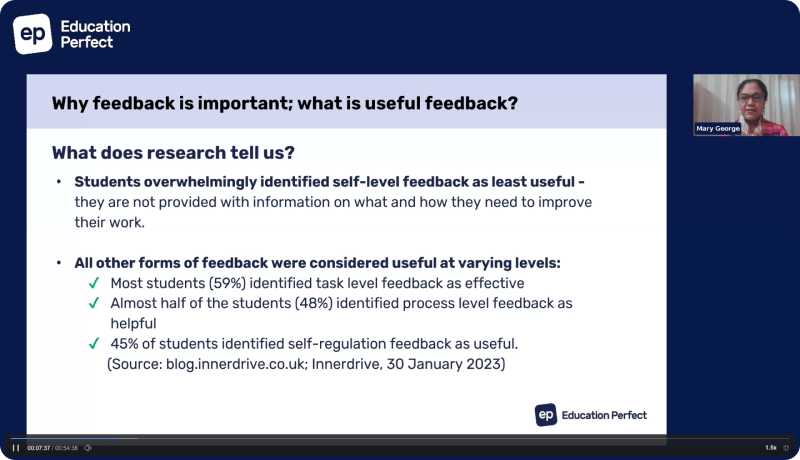Wellbeing Tips for NAPLAN Exam Period: A Guide for Teachers to Help their Students

The NAPLAN (National Assessment Program – Literacy and Numeracy) exam period can be a stressful time for students, as it is a high-stakes test that can have significant implications for their academic future. As teachers, we have a responsibility to support our students during this time and ensure that they are equipped with the tools they need to succeed. Here are some wellbeing tips to pass on to their students during the NAPLAN exam period.
1. Encourage regular exercise
Regular exercise is one of the most effective ways to combat stress and improve overall well-being. Encourage your students to make exercise a regular part of their routine during the NAPLAN exam period. This could be as simple as taking a walk around the block or doing some stretching exercises in the morning. Not only will exercise help to reduce stress and anxiety, but it can also improve cognitive function, which will be beneficial for exams.
2. Teach mindfulness techniques
Mindfulness techniques, such as meditation and deep breathing exercises, are effective in reducing stress and anxiety. Teach your students some basic mindfulness techniques that they can use to calm their minds and focus their attention. Encourage them to practice these techniques regularly, especially before and after the NAPLAN exams.
3. Provide nutritious snacks
Nutrition plays a key role in well-being, and it is important that students have access to nutritious snacks during the NAPLAN exam period. Provide healthy snacks such as fresh fruit, nuts, and seeds, and discourage students from consuming sugary or processed foods. Proper nutrition can help students to maintain their energy levels and improve cognitive function, which is critical for exam success.
4. Promote good sleep habits
Good sleep is essential for well-being, and it is especially important during the NAPLAN exam period. Encourage your students to maintain a regular sleep schedule and to get at least 8 hours of sleep each night. Discourage the use of electronic devices before bedtime, as the blue light can interfere with sleep quality.
5. Encourage positive self-talk
Positive self-talk is a powerful tool for improving well-being and self-esteem. Encourage your students to practice positive self-talk during the NAPLAN exam period. This could involve writing down positive affirmations or simply reminding themselves of their strengths and abilities. Positive self-talk can help to reduce anxiety and increase confidence, which is critical for exam success.
6. Offer support and encouragement
As teachers, we have a crucial role to play in supporting our students during the NAPLAN exam period. Offer support and encouragement to your students, and let them know that you believe in their abilities. Provide extra help and resources to students who are struggling, and ensure that they have access to the support they need to succeed.
7. Foster a growth mindset
A growth mindset is a belief that abilities and intelligence can be developed through dedication and hard work. Encourage your students to adopt a growth mindset during the NAPLAN exam period, and to view the exams as an opportunity to learn and grow. Remind them that mistakes are a natural part of the learning process and that they can use their mistakes as a learning opportunity.
8. Provide time for relaxation and fun
Finally, it is important to provide time for relaxation and fun during the NAPLAN exam period. Encourage your students to take breaks and engage in activities that they enjoy, such as reading a book or playing a sport. This will help to reduce stress and anxiety, and improve overall wellbeing.
Passing on these wellbeing tips can help support students during the NAPLAN exam period. This can be a stressful time for students, but as teachers, we have the power to support our students and help them to succeed. By promoting wellbeing and mindfulness alongside practical revision and learning strategies, we can ensure that we are offering our students holistic care – and the best possible chance of success.




